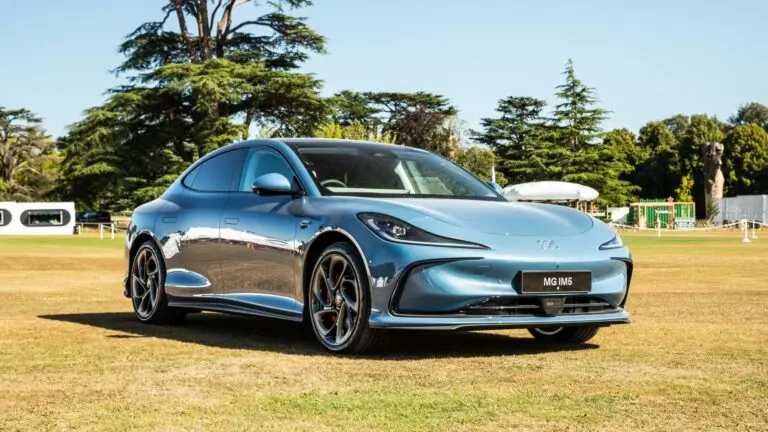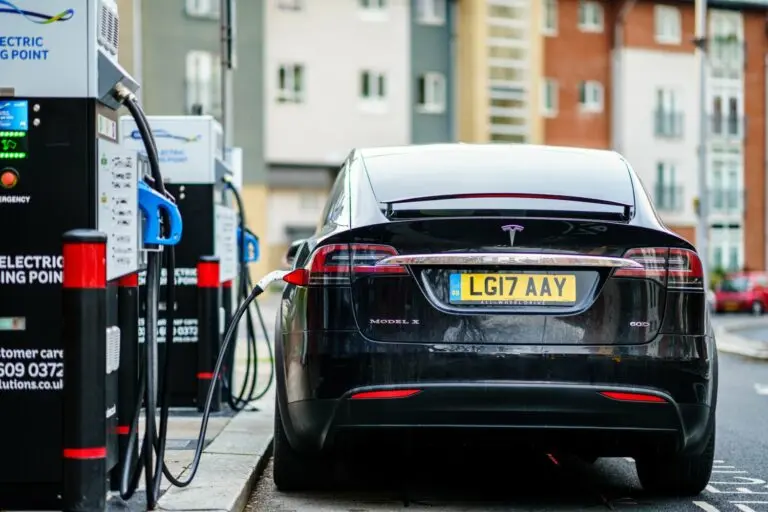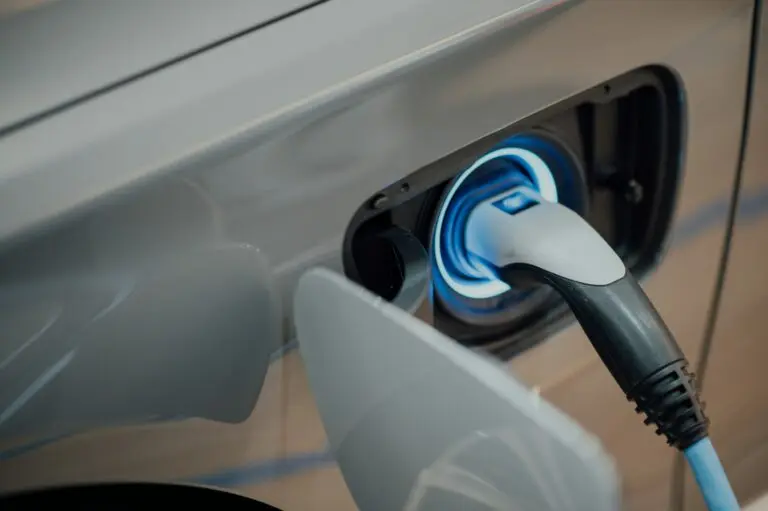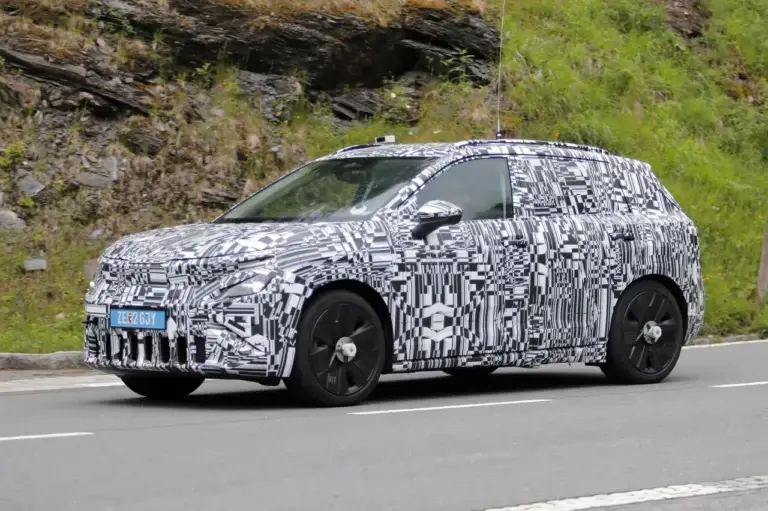In the face of the climate emergency and the need to decarbonise mobility, France is speeding up the transition to cleaner public transport. From one end of the country to the other, from metropolises to rural areas, projects are accelerating in favour of electric transport. An overview of a major transformation.
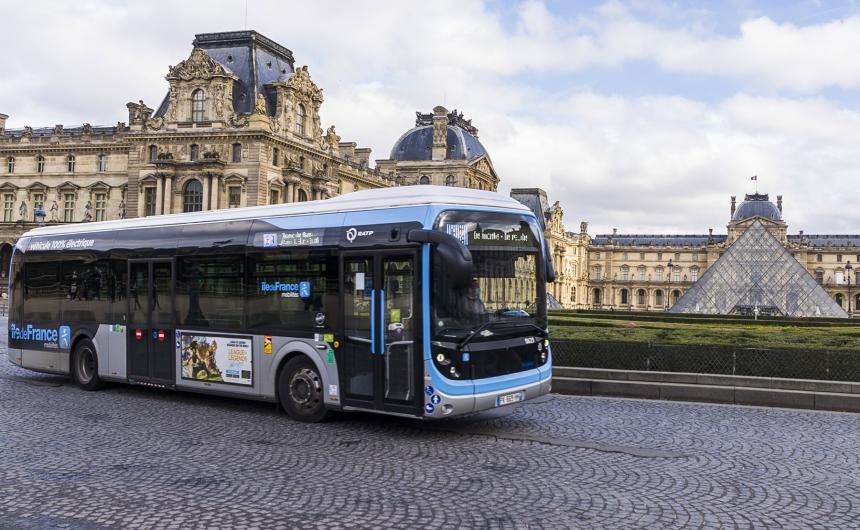
Île-de-France on the front line
The Paris region is at the heart of the energy transition in the public transport sector. With its ambitious » Bus2025 » programme, RATP plans to convert all of its 25 operational centres to electric and biomethane engines by the end of 2025. Eventually, 1,000 electric buses and 1,300 buses running on renewable gas will be on the roads in Paris and its inner suburbs. This project should make it possible to halve CO₂ emissions linked to bus traffic. It is part of RATP’s overall objective to reduce its greenhouse gas emissions by 50%.
At the same time, Île-de-France Mobilités is continuing to extend the transport network, with metro line 14 reaching Villejuif-Gustave Roussy station in early 2025. The launch of the Tzen 4 bus line, replacing line 402 between Viry-Châtillon and Corbeil-Essonnes, is also planned. Tzen 4 is a world first: it will be the first 24-metre bi-articulated bus, 100% electric, with ground recharging in less than five minutes.
Electric cars are gaining ground in major cities
In France’s major cities, electric vehicles are playing an increasingly visible role in urban transport networks.
Lyon is planning a far-reaching transformation of its network, with the integration of electric vehicles into the future unified TCL network from September 2025. The city is also adapting its infrastructure to accommodate new electric buses and test pilot lines on the outskirts.
In Bordeaux, the deployment of express bus lines is based in part on electric vehicles, with the first service scheduled for 2025. The already electrified tramway lines are also being extended (lines E and F), strengthening the non-polluting offer in the city.
In Marseille, the « Marseille en Grand » plan includes electrified BRTs (Bus à Haut Niveau de Service). Line B4, due to enter service in 2025, will operate with an all-electric fleet. The city also plans to integrate more electric buses into its RTM network.
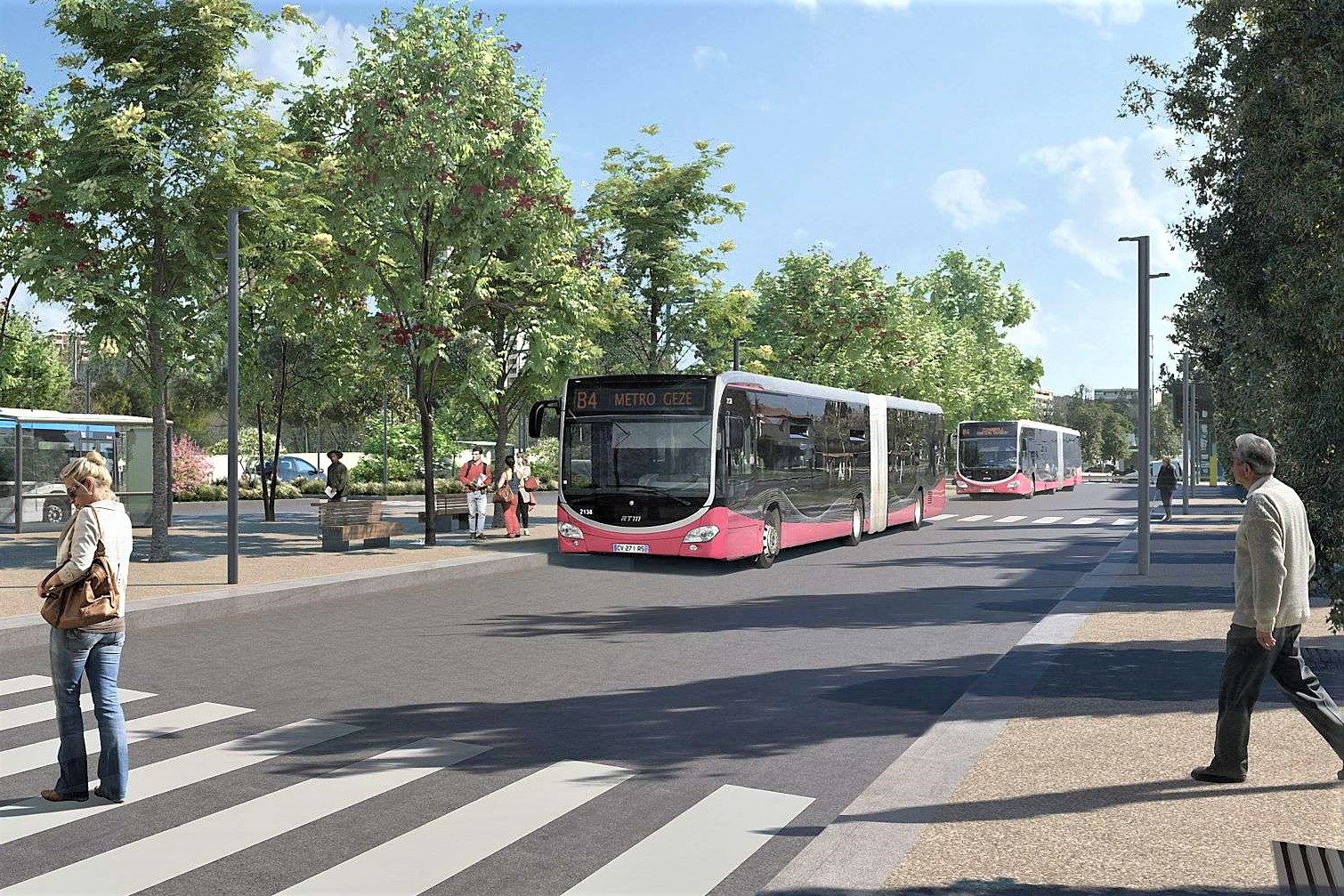
In the regions: major projects
Looking beyond the metropolises, France intends to strengthen inter-urban and peri-urban mobility via the Regional Metropolitan Express Services (SERM), a concept inspired by the RER in the Paris region. Fifteen projects have been approved, covering cities such as Strasbourg, Lille, Nantes and Grenoble. These SERMs combine trains, express coaches, safe cycle paths and unified pricing to facilitate access to clean mobility.
Urban and interurban logistics are also concerned: 972 charging points for electric HGVs have been deployed in depots, and 24 public charging stations for HGVs opened on 1 January 2025. These infrastructures are strategic for supporting the decarbonisation of freight.
Electricity grid: an essential link
The widespread use of electricity raises the question of energy infrastructure. RTE, the operator of the public electricity transmission network, is planning massive investment between now and 2040. The aim is clear: to adapt the network to support the growth in electric mobility, while guaranteeing the reliability of supply.
A still fragile transition
While the momentum is there, the transition is still fraught with obstacles. The cost of the projects, the slowness of certain local consultations and the problems of maintenance or training in the new technologies are sometimes holding back the momentum. Social acceptability, particularly in rural areas or areas with poor access, remains a major challenge.
France is well and truly engaged in a profound transformation of its public transport system. While the major cities are playing a leading role, the widespread use of electric mobility will also depend on regional planning, infrastructure and the collective ability to make this transition a lever for cohesion and sustainable development.



